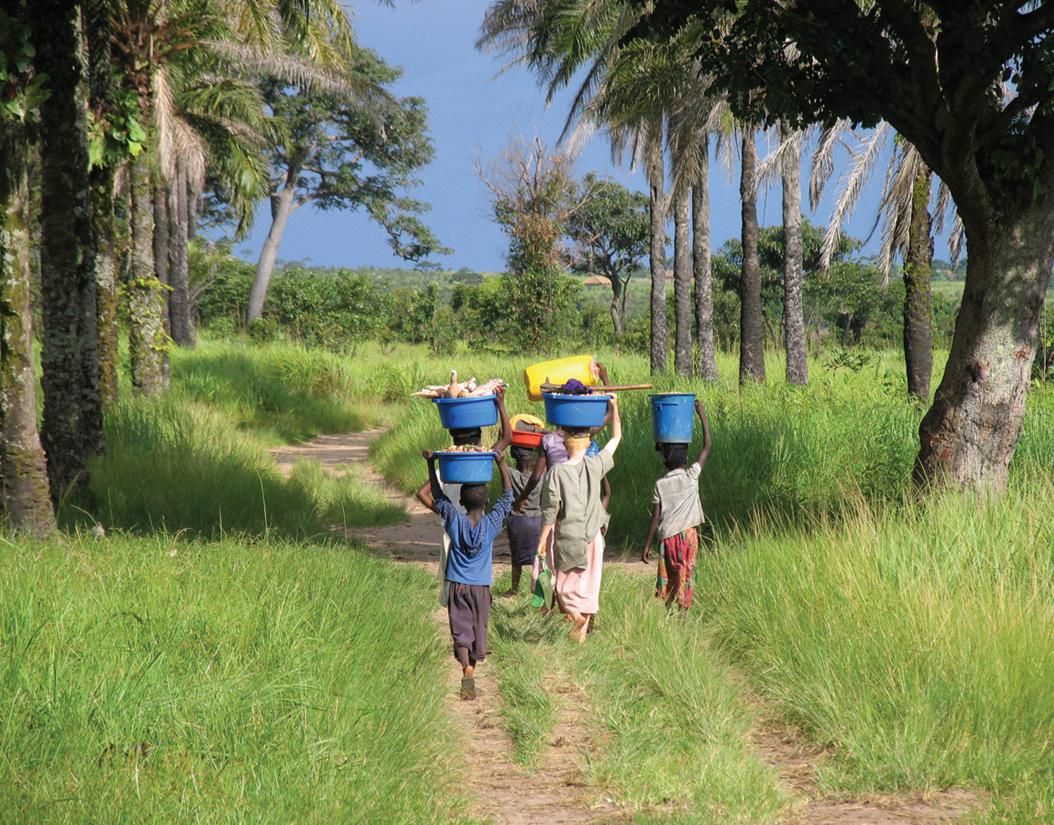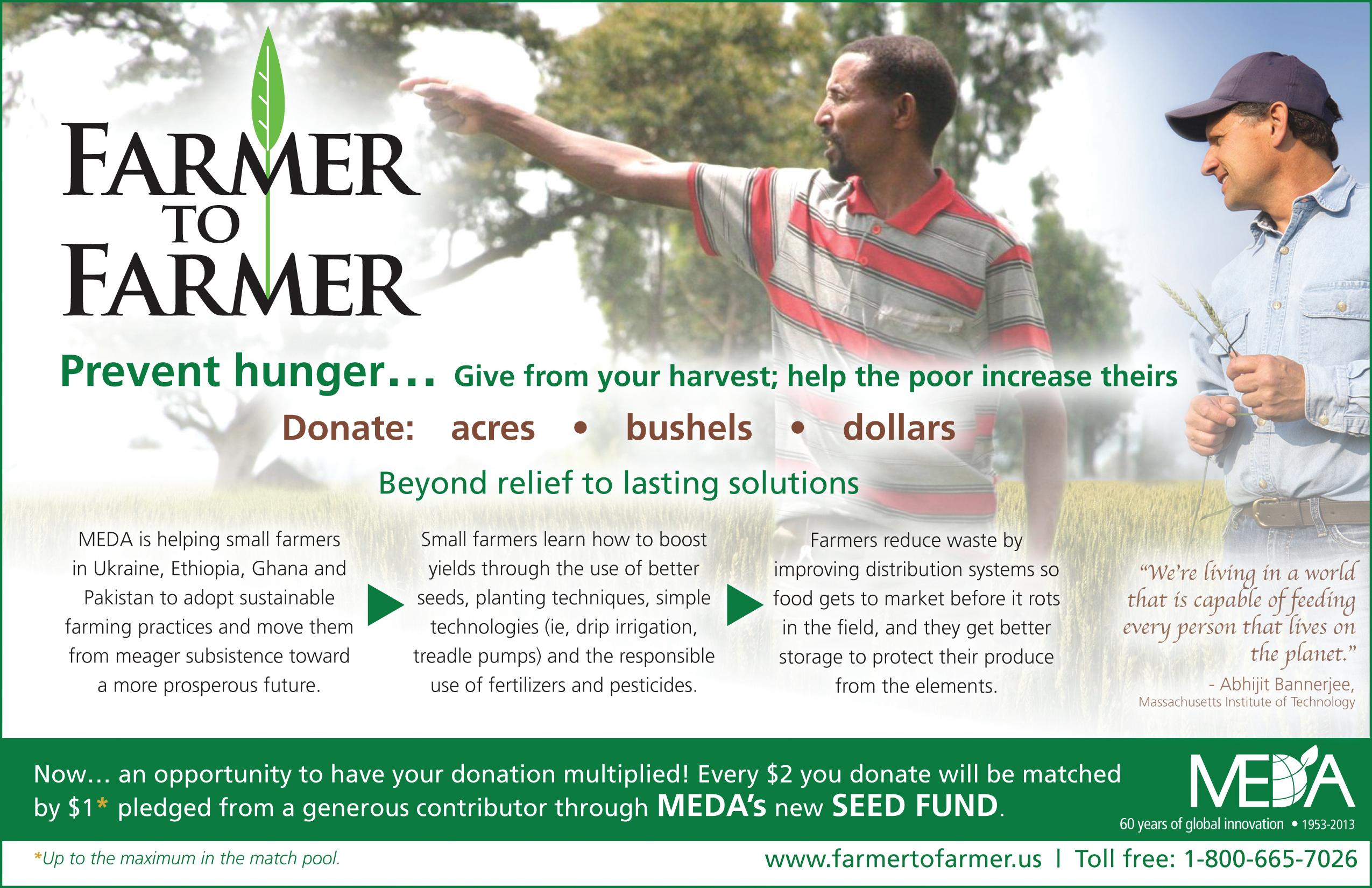
4 minute read
Soundbites
Empowered and energized
Some Africa watchers and Western economists have observed that the Chinese presence in Africa — a sudden intrusion — is salutary and will result in greater development and more opportunities for Africans. Seeing Chinese digging into Africa, isolated in their enterprises, offhand with Africans to the point of rudeness, and deaf to any suggestion that they moderate their selfserving ways, I tend to regard this positive view as a crock. My own feeling is that like the other adventurers in Africa, the Chinese are exploiters. They have no compact or agreement or involvement with the African people; theirs is an alliance with the dictators and bureaucrats whom they pay off and allow to govern abusively — a conspiracy. Theirs is a racket like those of all the previous colonizers, and it will end badly — maybe worse, because the Chinese are tenacious, richer, and heavily invested, and for them there is no going back and no surrender. As they walked into Tibet and took over (with not a voice of protest raised by anyone in the West), they are walking into the continent and, outspending any other adventurer, subverting Africans, with a mission to plunder. — Travel writer Paul Theroux in The Last Train to Zona Verde: My Ultimate African Safari
Advertisement
Same old rakes
Alas, the invention of the telegraph, radio, and television ... raised hopes that they would, by bridging the communications gap among peoples and among nations, usher in the New Jerusalem. But, as John Adams famously pointed out, political wisdom has not improved over the ages; even as technology has advanced, mankind steps on the same rakes, and the new inventions often magnify the damage. — William J. Bernstein in Masters of the Word: How Media Shaped History from the Alphabet to the Internet

Out of whack
A world where more than one billion people suffer from hunger is not a strong or stable world. A world where more than two billion people in rural areas struggle to secure a livelihood is not a balanced one. — Former U.S. treasury secretary Timothy Geithner
Handouts are forever
The minute you feed one person, another one hundred are lined up with their hands outstretched. You realize that handouts won’t solve a thing, unless you’re ready to feed millions of people every year, forever. The only way to make a real difference is to somehow empower the poor to solve their own problems. — One Acre Fund founder Andrew Youn
What’s “success”?
Across the board there is this enormous positive feeling that there is a need for a “new” definition of success. People are fed up with the greed and workaholic lifestyles that support today’s success models. They see the personal stress and organizational dysfunction that has come with the celebrity culture. They’re looking for something more lasting that will help them sustain multiple goals in their lives and their work. — Corporate ethics specialist Laura Nash, quoted by Richard J. Goossen and R. Paul Stevens in Entrepreneurial
Leadership: Finding Your Calling, Making a Difference
Wasteful appraisal
A particularly vexing and unproductive bureaucratic practice is the writing of performance appraisals and reviews. It’s important to give feedback to employees about their work: what’s working, what needs to be improved, and so on. However, the yearly or semi-annual exercise of writing these reports has been shown, in some research, as not only wasteful of time but actually counterproductive in terms of the dialogue between employees and their bosses. Feedback should be timely and continuous, not infrequent, judgmental, and tied to compensation, which makes it stressful instead of instructive. — David Posen in Is Work Killing You? A Doctor’s Prescription for Treating Workplace Stress

Africa’s promise
Because it is so far behind the rest of the world agriculturally, Africa now has the potential to record the biggest jump in food production of any region by applying technologies and infrastructure and financial incentives that are common most everywhere else. Africa, where the hybrid seeds that revolutionized American agriculture in the 1930s are only now beginning to spread, is the one continent where yields of maize, wheat, rice, beans, and an array of local crops, have yet to have their growth spurts, and lag as much as 90 percent behind the yields of farmers elsewhere. With only 4 percent of its farmland irrigated, Africa has water resources that are underutilized. With one-third to one-half of its harvests routinely going to waste, Africa could give an immediate boost to the world’s food supplies with improved storage facilities and more efficient markets. — Roger Thurow in The Last Hunger Season: A Year in an African Farm Community on the Brink of Change
Why work?
Working is so satisfying that if we didn’t have to work to eat, we’d have to invent some other reason for doing it. — Andy Rooney




